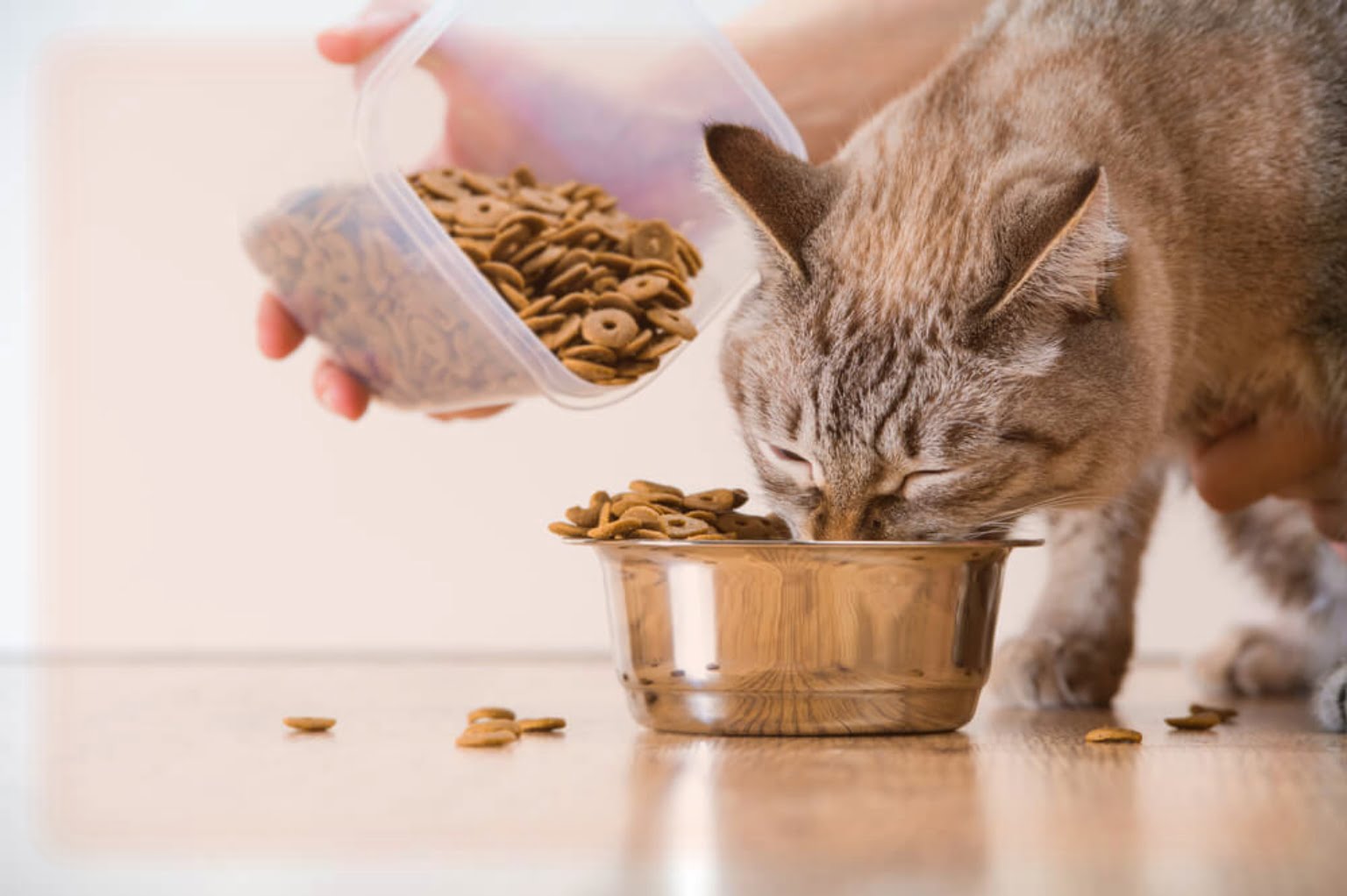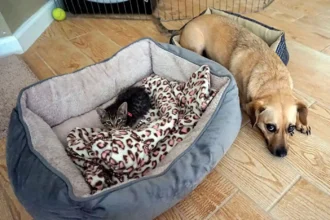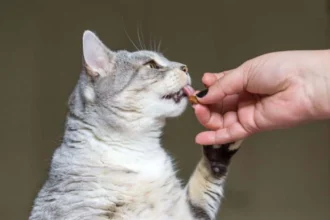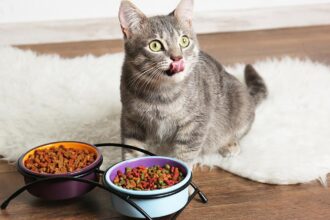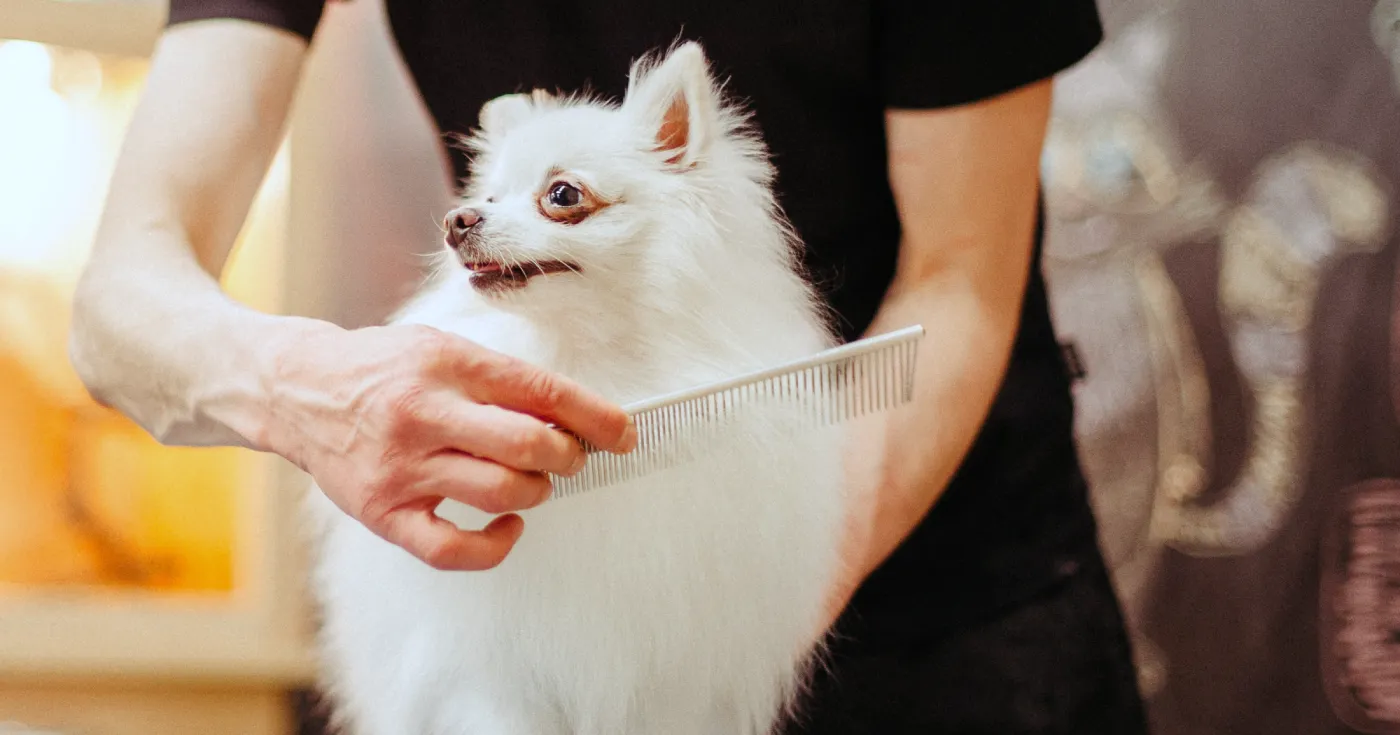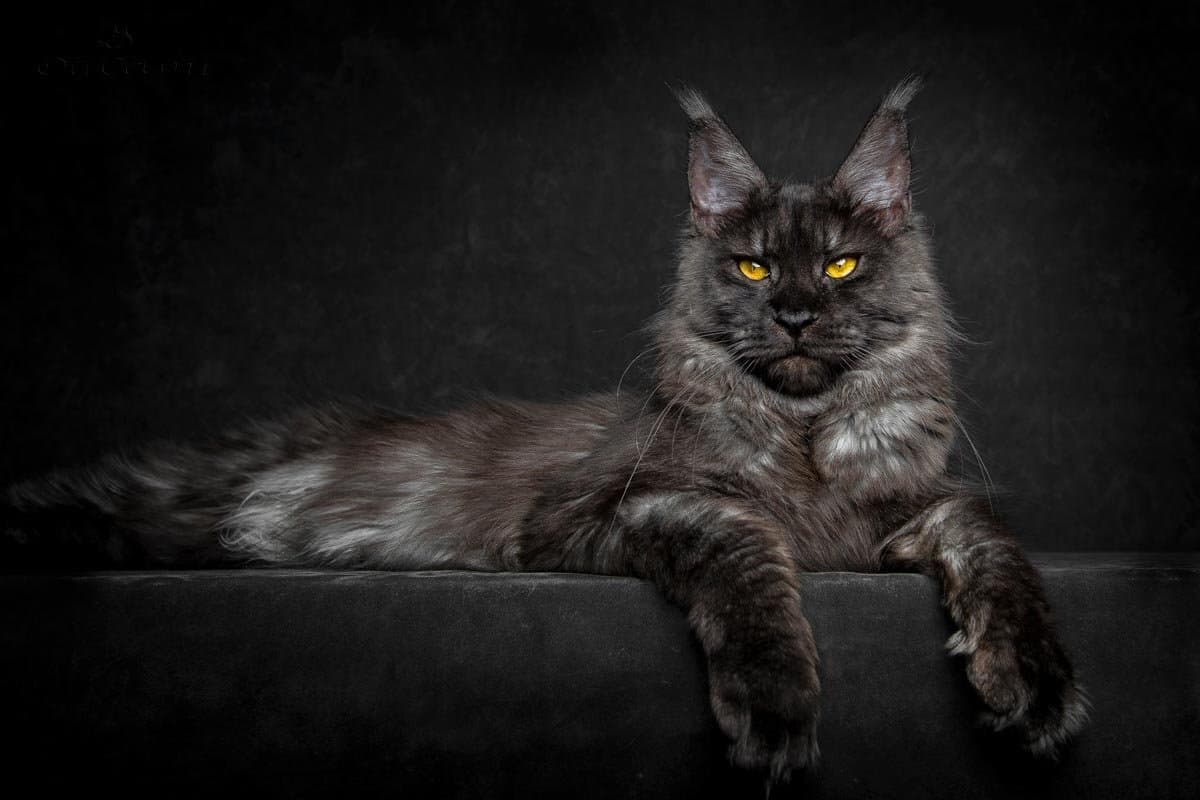Liver disease in cats encapsulates a variety of conditions that interfere with the regular functioning of the liver so there is always the best dry cat food for liver problems. These conditions can span infections, metabolic disorders, cancer, and other health complications. Given the critical role the liver plays in multiple aspects of a cat’s health, proper identification and treatment of liver disease are paramount to its overall wellness.
Approaches to treatment with the best dry cat food for liver problems
The approach to treating liver disease in cats hinges on the root cause of the condition. Depending on the precise diagnosis, treatments might involve medication, dietary changes, or surgical intervention. In some instances, supplementary care, such as fluid therapy and nutritional assistance, may be required to alleviate symptoms and enhance the overall health of the cat.
When it comes to cats with liver disease, they require a diet that supports liver function and is easy to digest and nutritionally balanced. Consult with a veterinarian to tailor the diet to your cat’s specific needs. Lean meats like chicken or turkey, which are high-quality protein sources, are needed. These proteins are easy to digest, provide essential amino acids, and reduce the strain on the liver.
Including easily digestible carbohydrates such as cooked white rice or pasta can provide energy without overtaxing the liver. Some cats with liver disease might benefit from a high-fat, low-carb diet to stimulate liver metabolism; however, this should be determined by your vet. It’s essential to limit fat intake to avoid complications.
Omega-3 fatty acids from fish oil or supplements can provide anti-inflammatory benefits and promote liver health. best dry cat food for liver problems or diets are commonly recommended for cats with liver conditions. These include:
- Hill’s Prescription Diet l/d: This diet is crafted specifically to aid a cat’s liver health. It contains low amounts of copper, which can accumulate in the liver, and is rich in L-Carnitine and L-Arginine, nutrients beneficial for liver function.
- Royal Canin Veterinary Diet Hepatic: This best dry cat food for liver problems is developed to boost liver function in cats suffering from liver disease and can also help prevent copper storage disease.
- Blue Buffalo Natural Veterinary Diet K+M Kidney + Mobility Support: While primarily focused on kidney and mobility health, this diet is also low in copper and sodium, which can be helpful for liver problems.
Can cats with liver disease benefit from eggs?
- Eggs are a good source of protein and can be a beneficial part of a cat’s diet. However, for cats with liver disease, it’s crucial to moderate protein intake because a liver affected by the disease can struggle to process proteins.
- When it comes to a cat with liver disease, it’s often recommended that the protein they consume should be of high quality and easily digestible, which eggs are. The egg’s protein is considered one of the highest quality proteins among all food items.
- However, every cat’s situation is unique, and it depends on the type and stage of liver disease, among other factors. For example, cats with hepatic encephalopathy, a condition associated with severe liver disease, may need a diet that is restricted in protein.
- It’s crucial that you discuss this with your vet before adding eggs or any new food to your cat’s diet if they have liver disease. They can provide the most appropriate advice based on your cat’s specific health needs and overall condition.
- Remember that feeding raw eggs carries the risk of Salmonella and other bacteria, which can be harmful to cats, especially those with compromised health. If you’re considering feeding eggs to your cat, they should always be fully cooked.
- Always seek the advice of a qualified veterinarian with any questions you may have regarding your pet’s health and diet.
How can cats with liver disease live?
- Cats with liver disease can live with a good quality of life, depending on the severity and type of liver disease, the age and overall health of the cat, and the treatment plan implemented. Early detection and treatment are crucial in managing liver disease effectively and extending the cat’s lifespan.
- Chronic liver diseases, such as cholangitis (inflammation of the bile ducts) and hepatic lipidosis (fatty liver disease), can often be managed for many years with a combination of dietary adjustments, medication, and regular veterinary check-ups.
- Acute liver diseases, like toxin-induced damage or infections, can also be treated and potentially fully resolved if addressed promptly. However, the prognosis varies depending on the cause and severity of the disease, and in some cases, significant liver damage may be irreversible.
- Treatment may include changes in diet to provide easily digestible nutrients, medications to reduce inflammation and treat any underlying cause like infection, and supplements to support liver function. In some cases, hospitalization for fluid therapy and supportive care may be required.
- Regular follow-ups with the vet will be necessary to monitor the cat’s liver function and adjust the treatment plan as needed.
- The specific lifespan or quality of life a cat with liver disease can expect is hard to predict without knowing the details of its condition. It is a question best addressed by a vet who is familiar with the cat’s health status.
Related post: Cats Can Eat Mac and Cheese




